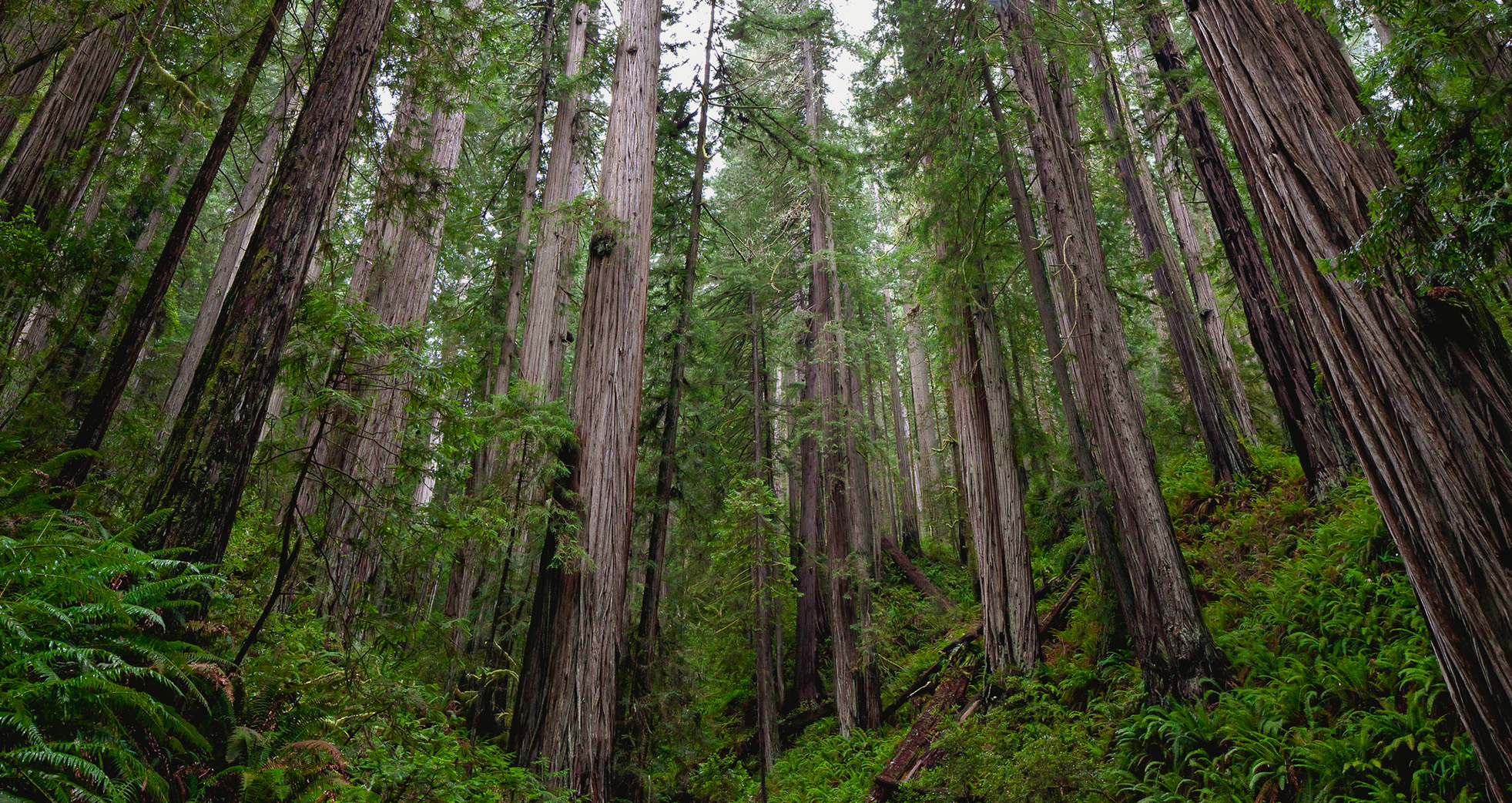FOREST FLASH April 2022
In Pacific Forest Trust’s e-newsletter, Forest Flash, we send you the most recent PFT news and updates on forests, clean water, climate, and wildlife. Subscribe here.

On a delightful Spring evening last week, forest landowners, climate activists, policymakers, and forest lovers of every stripe came out to celebrate the power and magic of forests, listen to live music with Lebo, Nat & Elliott, hear the poetry of Obi Kaufmann, and support PFT as we held our Forest Fete. With a surprise visit from Congressman Jared Huffman, PFT honored Merv George Jr. with its Outside-the-Box award for his groundbreaking work in forest stewardship and fire management as well as bridging cultural and management divides between indigenous communities and the Forest Service. The Hart Family was honored with PFT’s Forest Champion award for their multi-generational stewardship and permanent conservation of the Butte Creek Ranch and their pioneering watershed restoration. If you missed the event, you can still see the program and listen to the music of Lebo, Nat & Elliott, here. To support the work of PFT, visit forestfete.org.

To celebrate Earth Day, President Biden visited the Pacific Northwest to highlight the irreplaceable value of America’s older forests as key climate solutions. Managing for older forests can more than double the carbon stocks safely stored from the atmosphere in just a few decades, while still yielding multiple other forest products—from wood to water and wildlife—and also reducing wildfire risk. PFT is a pioneer in this science-based approach to managing forests for their climate benefits with both our policy and practice. From our early publication with leading forest scientists on this issue, Forest Carbon in the United States: Opportunities & Options for Private Lands, to our role in ensuring forests as part of the nation’s first economy-wide climate policy and developing the first forest carbon offset project under California’s state-backed offset system, we show how forests are a practical, cost effective, and highly scalable “green tech” solution to combat climate change. President Biden also noted that managing for older, more natural forests is a critical part of a science-based approach to reduce wildfire risk, as these forests are more fire adapted and resilient. The USDA and DOI will conduct the first-ever inventory of mature and old-growth forests on federal lands, publicize the results and analyze threats facing these forests, including wildfires and other climate impacts. To learn more, read here.

Conserving and restoring forests is essential to fighting the twinned crises of climate change and biodiversity collapse. California celebrated Earth Day by releasing its final Climate-Smart Land Strategy, advancing the state’s vision for increased climate action across all lands. The Strategy highlights the urgency of accelerating on-the-ground work and scaling-up investments and partnerships—especially on private lands. It emphasizes the need for landscape-scale approaches that deliver multiple ecosystem service benefits, from watersheds to high carbon storage capacity, and are likely to persist under changing future climate conditions. Pacific Forest Trust’s work to restore and reconnect the forests of the Klamath-Cascade Region is the type of large-scale, multi-benefit approach the Strategy envisions. This region is home to the world’s most biodiverse conifer forest, it is the source for the vast majority of California’s water system, and it has a high probability of persistent conditions. It is also the state’s “timber basket” with a high potential for increasing resilient forest carbon stocks.
California also released its final 30×30 strategy, describing ten pathways to achieve an additional six million acres of land conservation by 2030 to protect and restore biodiversity, expand access to nature, and build resilience to climate change. Working in areas like the Klamath Cascade will be key to meeting the priorities in Pathways to 30×30. This 10-million-acre region offers the opportunity to work at a landscape scale across public and private lands to protect and restore connectivity, support climate adaptation, and enhance critical watershed function.
These investments are also urgently needed to enhance the state’s resilience under drought, fire, and other impacts of climate change. With California’s second year of record surplus funding, PFT is advocating that $1 billion be invested in wildfire and forest resilience in the 2022 budget to meet the historic challenges we face.
Give with confidence. Charity Navigator awarded Pacific Forest Trust a perfect score in finance and accountability.
